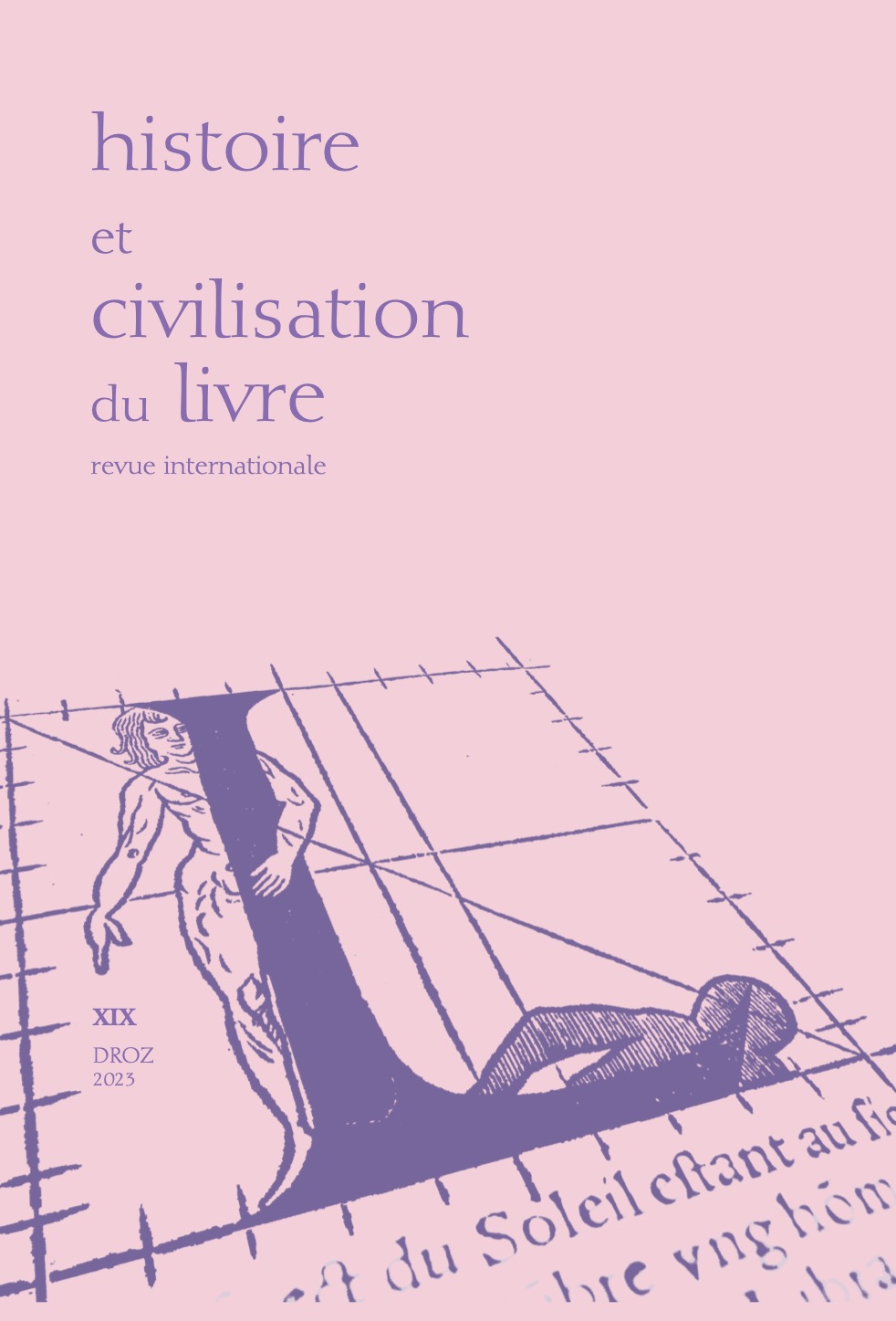The circulation of books and ideas between Spain and England at the end of the 18th century
The correspondence of Cavanilles with Joseph Banks and James Edward Smith
Abstract
Correspondence constitutes one of our main sources when reconstructing the so-called “Republic of Letters” of the 18th century. This form of sociability, the networking of its time, and scientific dissemination both depended heavily on correspondence. In this case, letters exchanged between the Spanish botanist Cavanilles and Englishmen Joseph Banks (president of the Royal Society) and James Edward Smith (president of the Linnean Society) allow us to track such intellectual traffic and pinpoint it relative to the Europe of the day. We use Bruno Latour’s actor-network model to analyse these unpublished letters and approach relations between Spain and England, and then Britain, from a scientific and geopolitical standpoint. Scientific expeditions and the resulting botanical collections were to become, unsurprisingly, part of an “arms race” designed to position those involved in the context of a wider Europe. The plants and seeds discovered would go on to widen scientific knowledge, but would also allow the holders of that knowledge to acquire greater economic and political power.

